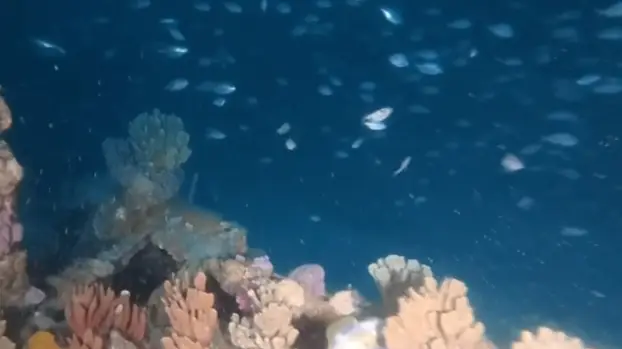
Today


The series stars Rachel Weisz and Leo Woodall who are 55 and 29 respectively

She was arrested for driving under the influence yesterday as her rep says it was 'inexcusable'
breaking
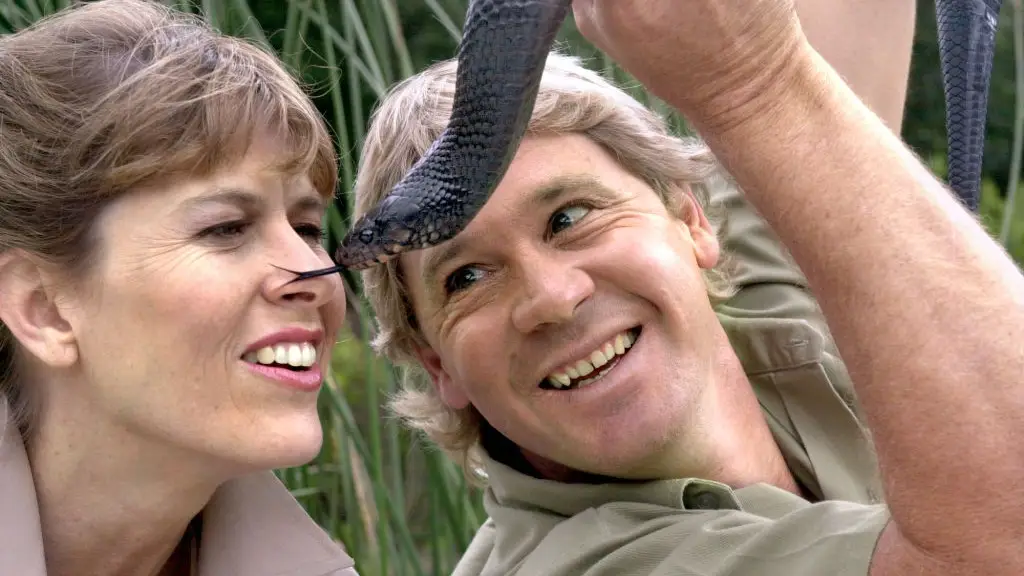
Conservationist and TV personality Steve Irwin died from a stingray in 2006

Ian Russell has been campaigning for online safety since his daughter Molly's death, shown in a new documentary airing tonight

YouTuber Clark Kegley has been sober for 1,400 days

Mary Lea Trump explained that the US could be in a financial hole following this conflict

Antony Hawman was able to completely transform his body – but it wasn't without unpleasant side effects

United Airlines' updated rulebook warns against 'barebeating'

The Grammy-winning singer was pulled over in Ventura County on Wednesday evening
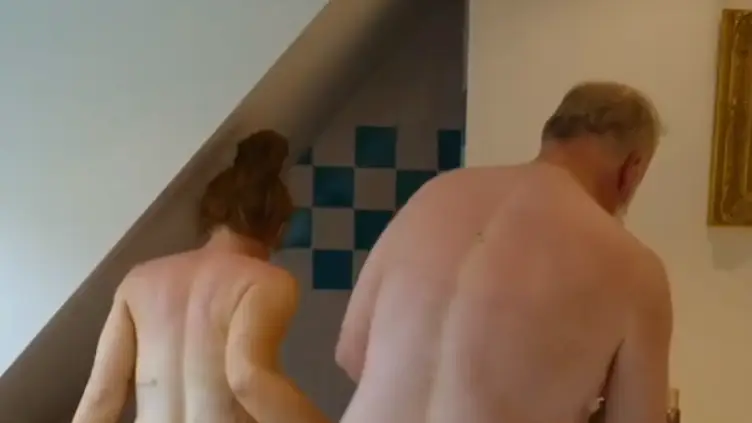
Tilly and Anthony were lathering up alongside one another shortly after they were first introduced

Dr Rema Malik revealed the secret to maintaining cardiovascular health well into old age

The 'mystics' are known for making some eerily accurate predictions
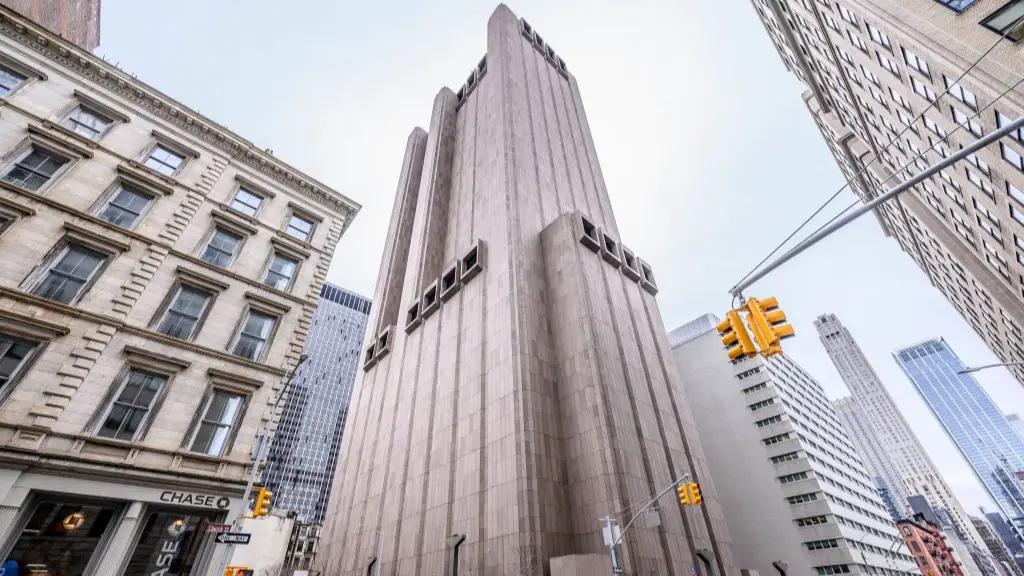
It's a giant concrete edifice to mystery

Shipka played Don Draper's daughter in Mad Men and spoke about how audiences have known her 'since she was 6'

Antonia Bettridge moved to Dubai in 2023, now she's detained there

Many think that the relationship trend is solely to do with what happens in the bedroom

Mary Trump said that her uncle is 'in trouble, and he knows it'

Lady Victoria Hervey, who dated Andrew in the 1990s, has made an unusual excuse for the photos
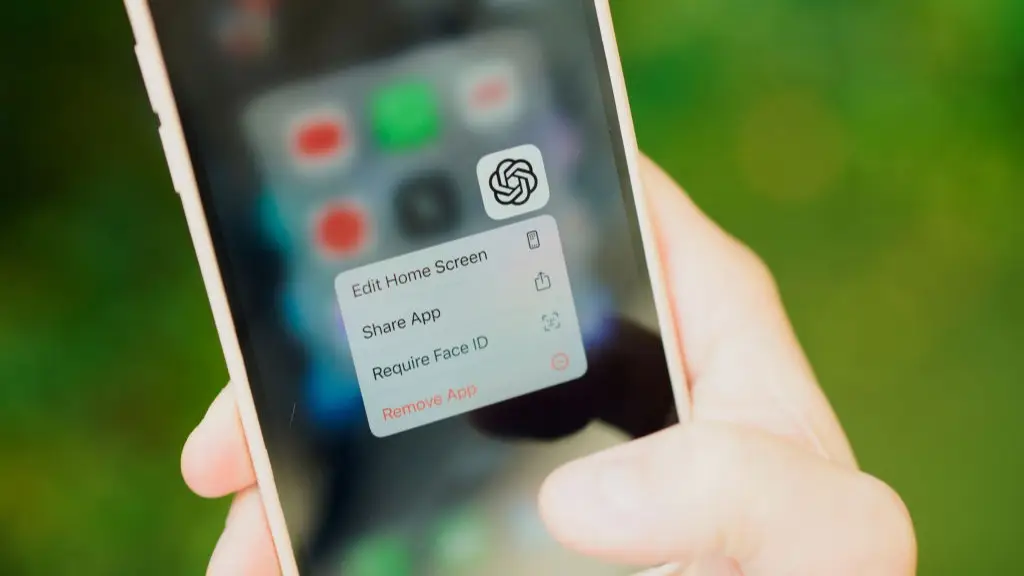
ChatGPT announced a new deal and over a million users have ditched it as a result

Angela Meadows has spoken out following the death of her son

She said getting out of prison was one of the main reasons

Spicy cruises aren't as straight forward as you'd think

They might work while you're on them, but then you need to work out what to do afterwards